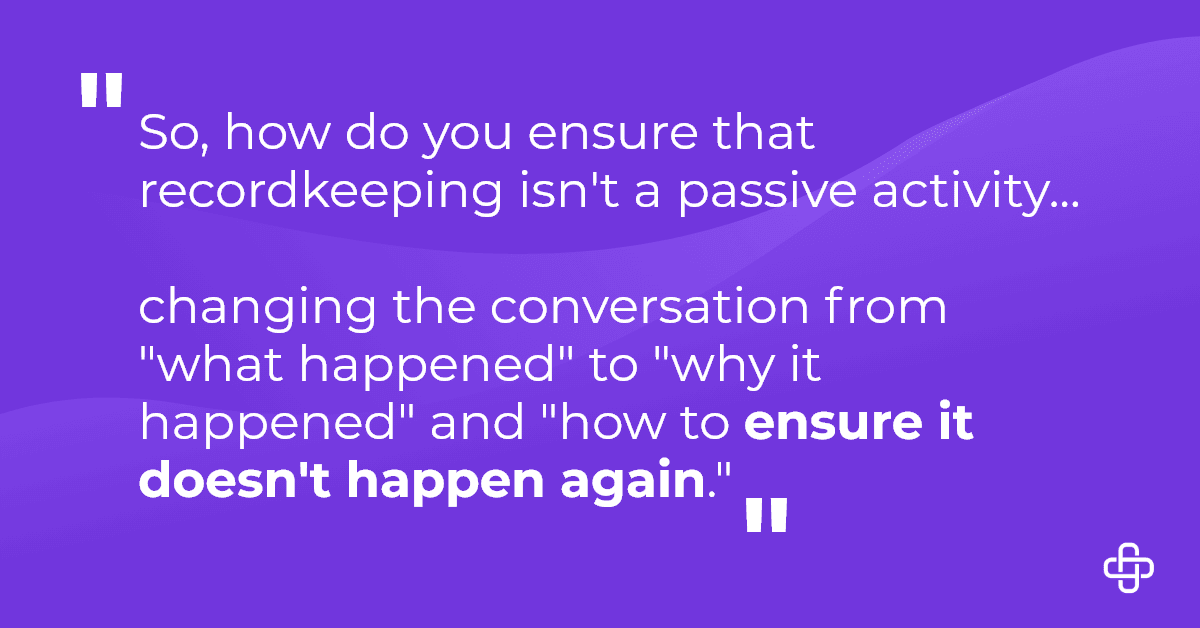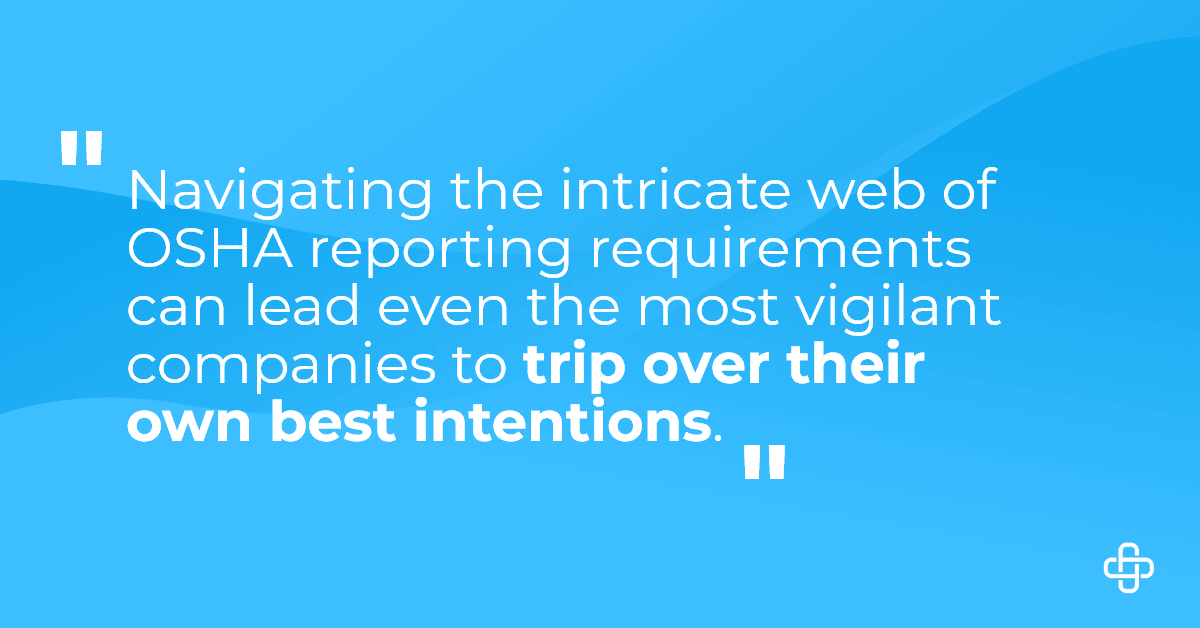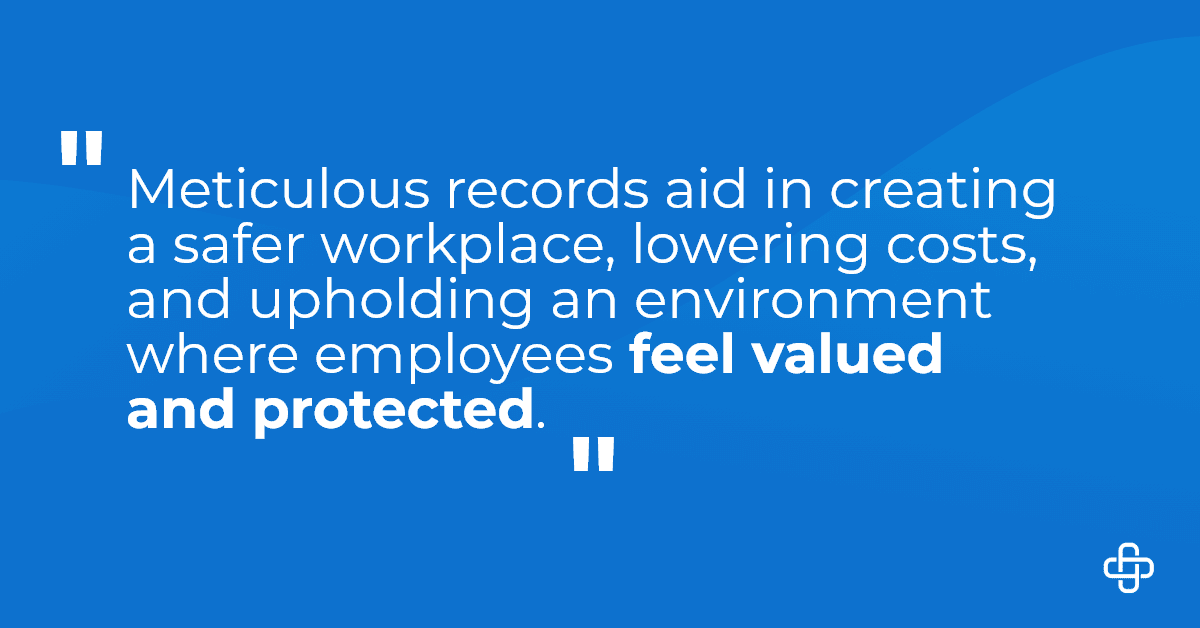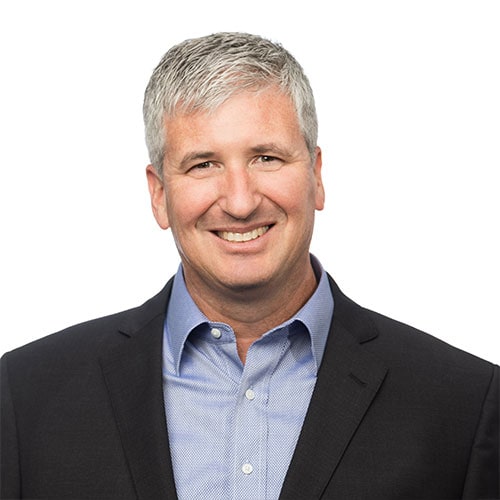Stress vs. depression vs. anxiety — while we often assume that all these emotional states of mind are the same, there are some distinctive differences between them. Anxiety and depression are common reactions to life’s challenges or stress. A small job transfer to a significant lifestyle change like losing a loved one or a divorce can lead to stress, and then anxiety, and depression eventually. These mental health patterns may look a lot alike but have many differences. Here are some details!
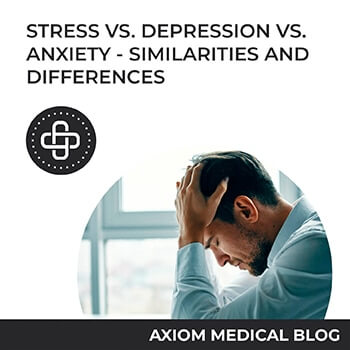
Is Anxiety or Depression the Same?
Feeling anxious or depressed continuously for no apparent reason means you may have a mental-behavioral disorder. Either depression or stress can lead to anxiety disorder and panic attacks. It’s not unusual to suffer from both conditions simultaneously. Studies on mental and behavioral health show that more than half of those diagnosed with depression also exhibit an anxiety disorder.
Both depression and anxiety are serious but treatable illnesses. Medically, both conditions require the same medications to ease the symptoms. Common symptoms of both conditions are:
- Nervousness and problems concentrating
- Insomnia and irritability
- Problem focusing and concentrating
Anxiety:
Those with an anxiety disorder may experience:
- Fear, panic or anxiety in regular situations
- Constant anxiousness
- Sudden panic or anxiety attacks
Depression:
Clinically, depression is the outcome of stress and affects everything in your life. Those who are depressed may experience panic attacks and anxiety disorders. Some of the common symptoms include:
- Discouragement
- Constant Sadness
- A Feel of Hopelessness
- Anger
- Lack of motivation and interest
- Low energy level
- Insomnia
- Feeling overwhelmed by daily tasks and personal interactions
If these feelings persist longer than two weeks and interfere with your daily activities, there is a significant chance that you are most likely experiencing depression.
How Stress, Depression, and Anxiety are Interrelated? (Similarities)
Nearly half of those experiencing depression also suffer from severe and persistent anxiety. Such people often feel anxious and worried. Any of the symptoms can easily trigger the other, with anxiety often preceding depression. People with acute depression, post-traumatic stress disorder (PTSD), and other mental and behavioral health problems are prone to developing depression.
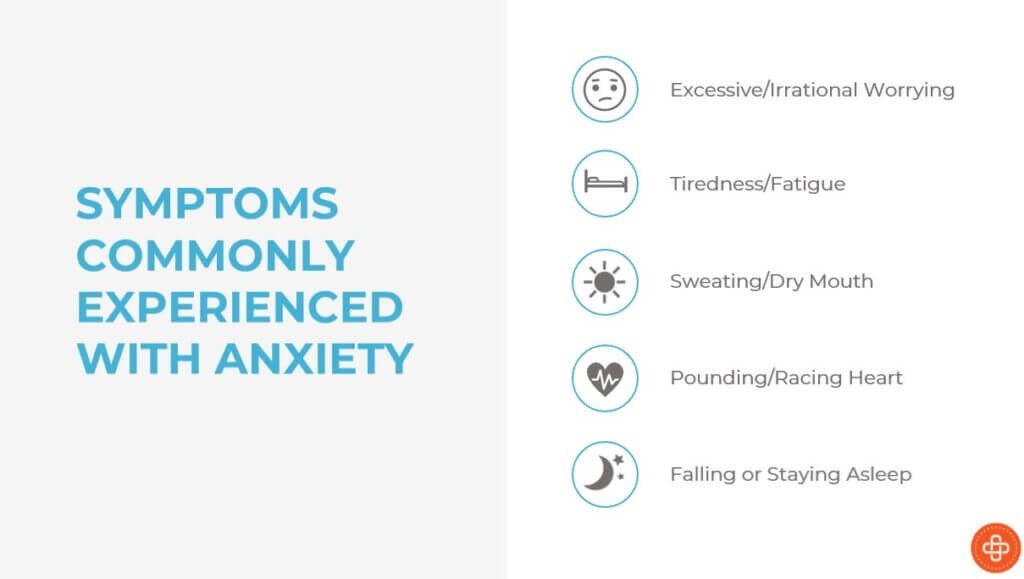
Common symptoms include:
- Excessive worrying
- Tiredness/fatigue
- Pounding and racing heart
- Insomnia
- Headaches
- High blood pressure
- Chest pain
- Heart palpitations
- Sweating and dry mouth
Anxiety and Depression – Differences:
While excessive stress is the reason for anxiety and depression, it typically disappears when the relevant stressors disappear. However, chronic stress often escalates into worry or depression, which is why it’s important to eliminate or reduce stress at the initial stage.
Both anxiety and depression are outcomes of chronic stress. However, anxiety is generally considered a high-energy state, whereas depression a low-energy state. In short, a depressed individual often experiences a lot of anxiety, possibly even to the extent of having mild to severe panic attacks.
Why are Anxiety and Depression Often Co-occurring?
Based on several studies, anxiety and depression are often co-occurring and work as a cycle. Seemingly, these two disorders – anxiety and depression – have a very close yet complicated relationship. The chance of acquiring depression becomes much higher when an anxiety disorder already exists. Nearly half of those with major depression also suffer from severe and persistent anxiety. One symptom can easily trigger the other, with anxiety usually preceding depression.
What Causes Anxiety?
While occasional anxiety is a normal part of life, persistence results from stress, lifestyle changes, and major events affecting one’s life. Most people experience stress and anxiety when there’s conflict in a relationship, stress at work, some lifestyle changes, or before a significant decision. It often gets worse over time, if untreated, and such behavioral changes interfere with their daily functions.
What Causes Depression?
Depression always co-occurs with anxiety but is caused by genetic, biological, environmental, and psychological factors. Most of the time, it often begins in adulthood. As with many similar mental disorders, depression in children, adolescents, and young adults may present as irritability more than a permanent low mood. In addition to anxiety disorder, depression brings a low energy level, despair, and anger.
When Should You Seek Help?
Stress, anxiety, or depression – if left untreated, these disorders can limit your social and behavioral health, ability to work, maintain relationships, or even feel normal. When you are unsure whether you’re suffering from stress, anxiety, or depression, consult a physician immediately to get the help you need. The journey to recovery begins when you know the cause of your issues and receive the proper treatment. Some of the most common therapy and treatment approaches include:
- Cognitive Behavioral Therapy (CBT)
- Antidepressant medications
- Exercise
- Relaxation techniques/Meditations
Watch our Axiom Medical’s Mental Health Experts discussing this topic. Click below!
It’s Not Your Imagination. It’s Called Anxiety!
Axiom Medical is Here To Help!
Does your organization need assistance with Workplace Contagious Illness Management and occupational health services? Axiom Medical can help. With two decades of experience in employee total health program and population health management, we can help your organization with any workplace healthcare needs. Contact us today to learn more!
Contact Us

With a career focused on digital marketing, Chitra is a specialized SEO-Content marketer. After moving from biotechnology to business operations and marketing, Chitra started her digital marketing career as a freelance content developer and technical writer. With Axiom, as a content marketing & SEO specialist, she is passionate about creating informative marketing copies for optimum search engine performance.
Find out more about our Tempo Live Behavioral Health and Injury Case Management services.
